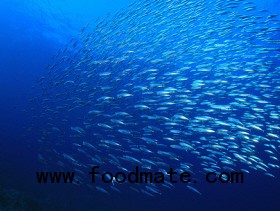
With many negative views around, Dr Williams stated that it is important that this negative perception of the industry changes.
At present, many view the fishing industry as something destructive when it is in fact a source of nutritious food.
Dr Williams stated that when it comes to agriculture, the concern tends to be around costs to the consumer and whether or not enough food can be produced. The damage that agriculture has on the environment is often overlooked, with the emphasis on how to produce more.
Yet, despite the nutritional importance of fish in the human diet, the same does not go for the fishing industry.
Instead of looking at fish as an important source of food, the overall message is that fishing should stop. This is a perception that must be changed, said Dr Williams.
Seafood consumption is growing and therefore there needs to be more produced to meet the demand. Fish production also has one of the lowest environmental impacts over most other protein sources, said Dr Williams.
There will always be environmental impacts where food production is concerned. It is inevitable that some impacts will occur in order to produce food and therefore the idea of having no environmental impacts at all is unrealistic.
Instead, the fishing industry should be looking towards maximising food production from fisheries, as long as it is done sustainably.
To conclude, Dr William raised the important question of, if we stopped fishing what would we have instead? Academics and scientists have highlighted the need for fish, but for every fishery that closes, there needs to be another protein replacement, which again would have its own environmental impact.





